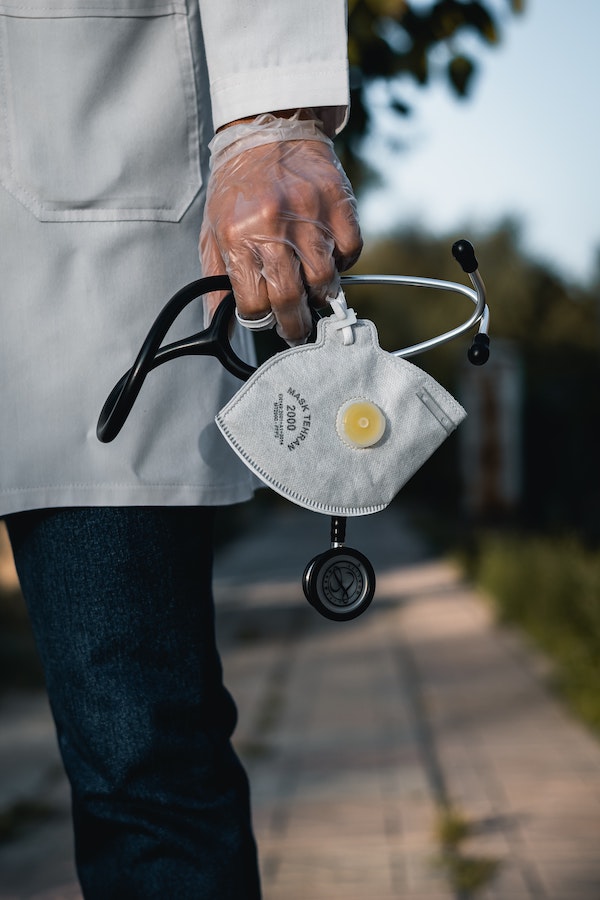As COVID-19 and the coronavirus continue to spread throughout the country, countless fields are being turned upside down – education being one of them. After all, the global pandemic hits just as final-year medical students are preparing for residency, third-year medical students are considering options for residency applications and preclinical students are readying to work with patients. Considering students’ contact with patients during clinical clerkships is restricted through at least the end of March and very likely into April, and many clerkships suspended altogether, those transitions may be question for the foreseeable future.
“The only thing we can honestly say right now, because the situation is so fluid, is that students have to have some trust in the dedication of their faculty and administration and organizations such as the accrediting bodies and licensing boards,” said Kimberly Lomis, MD, the American Medical Association’s (AMA) vice president for undergraduate medical education innovations. “We will make this work eventually. All of these organizations are working actively to think through the downstream implications for students and to build systems to accommodate accordingly.”
Here are answers to three of the questions medical students are asking most:
How will we be able to complete class and exam requirements?
The AMA’s Liaison Committee on Medical Education (LCME) is affording schools leeway to make creative changes to help assure students will be able to meet all requirements. Options include offering online instruction, altering class schedules, repurposing elective time to allow more focus on core requirements, changing the length of clerkships and restructuring assessments. Also, eligible graduating students matched with residency programs may be allowed to wrap school early and enroll in their residencies immediately.
What about licensing exams?
The National Board of Medical Examiners (NBME) has put the USMLE Step 2 exam Clinical Skills portion on hold, while Prometric, the organization that operates USMLE administration and testing centers, has closed its facilities for at least 30 days. For affected students, the NBME is waiving fees for eligibility period extensions and testing region changes. Those preparing for the Step 1 exam slated for late April and May could be affected as well, depending upon whether the virus is better contained by that time. School officials are encouraging students to stick to their study schedules a best as possible.
Will away rotations be canceled?
Typically done early in the fourth year of training, away rotations often are eyed by third-year medical students who view them as prep for future residencies. Trouble is, health systems everywhere are under significant strain and likely will be for a while. So, taking the additional time and effort to help students from outside their areas learn and adapt to unfamiliar health systems is not a viable option.
“If we do get local clinical options open soon I suspect that [away rotations] would be slow to follow until systems feel like they are back to normal,” Dr. Lomis says. “The advantage to starting up local rotations is that you have the medical students who know your system and can contribute and add value in a number of ways while better protecting their own personal safety.”
Still, Lomis anticipates that graduate medical education programs will develop distance alternatives to interact with applicants in new, but still effective ways.
We here at WOLFPACC encourage medical students to keep up your studies, take opportunities to contribute in meaningful ways that allow you to gain knowledge and experience, but keep your own safety and that of those around you the highest priority by heeding all requirements and recommendations.
Photo credit: Ashkan Forouzani





